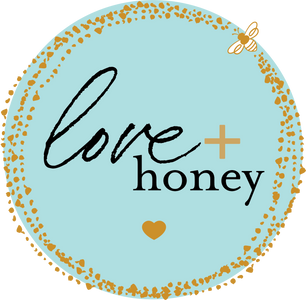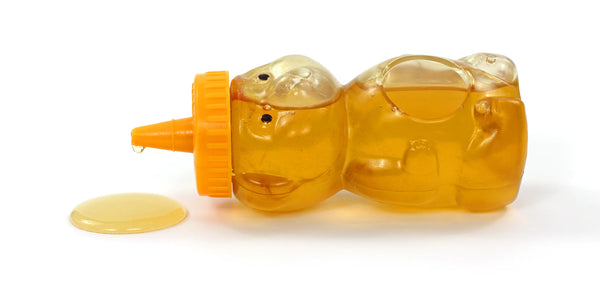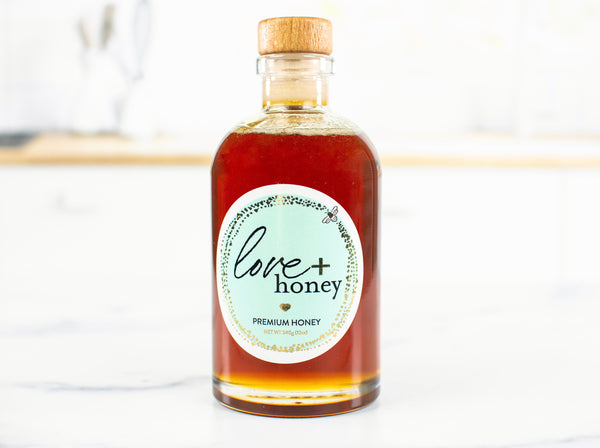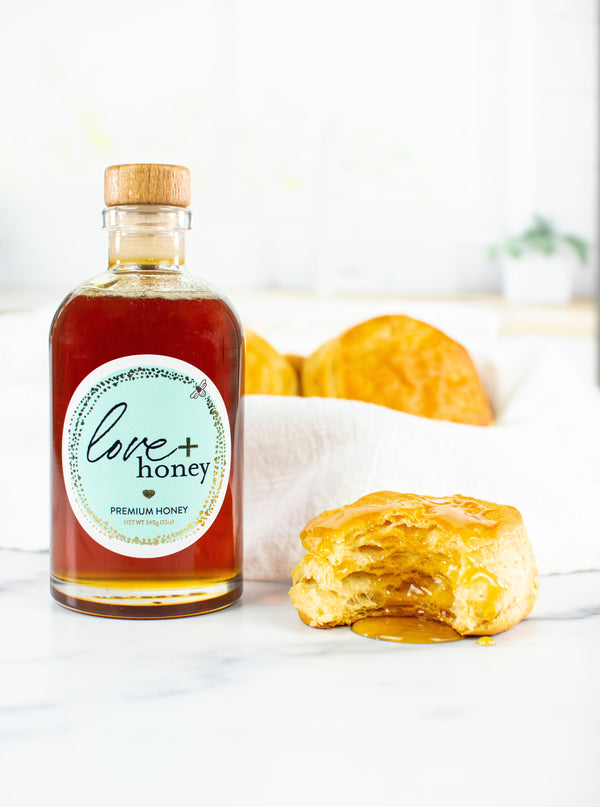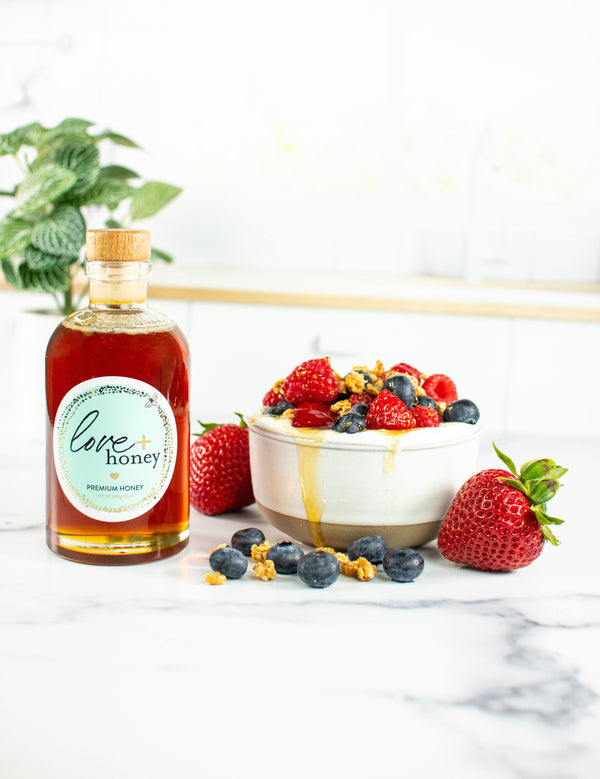The Truth about Fake Honey
Sep 07, 2023
Honey is not just a delightful addition to our teas and toasts but also a powerhouse of health benefits. However, with the rising demand for it, there's a darker side emerging in the market: counterfeit honey. This post delves into the world of fake honey, its impact on the market, and why genuine honey is unparalleled in its benefits.
What is Counterfeit Honey?
Counterfeit honey, often referred to as "adulterated honey," is honey that has been diluted or altered with other substances. This can include syrups made from rice, corn, or sugarcane. The primary motive behind this adulteration is economic; by diluting genuine honey with cheaper substances, producers can increase their volume and profits.
The Prevalence of Counterfeit Honey
According to a report by Insider, honey is the third-most-faked food in the world, only behind milk and olive oil. This alarming statistic is backed by the Food Fraud Database, which states that a significant portion of honey in the market is adulterated. In fact, an analysis by the Honey Authenticity Project suggests that up to 33% of honey could be fake or adulterated. In the US, some estimates even suggest that this number could be as high as 70%.
The Impact of Fake Honey on the Market
- Economic Implications: Genuine honey producers suffer financially when counterfeit honey floods the market at a lower price. This unfair competition can lead to genuine producers going out of business.
- Health Concerns: Real honey is known for its antimicrobial properties and health benefits. Counterfeit honey, on the other hand, might contain harmful additives or contaminants that can pose health risks.
- Environmental Concerns: The production of counterfeit honey often lacks the sustainable and eco-friendly practices that many genuine honey producers adhere to. This can lead to environmental degradation.
- Loss of Trust: As more consumers become aware of counterfeit honey, it erodes trust in the product as a whole. This can lead to decreased consumption, even of genuine honey.
Why Real Honey is Superior
- Nutritional Value: Genuine honey contains antioxidants, enzymes, and minerals that are beneficial for health. These nutrients can be lost or diluted in counterfeit honey.
- Medicinal Properties: Real honey has antimicrobial and anti-inflammatory properties. It has been used as a natural remedy for wounds, coughs, and more for centuries.
- Flavor and Texture: The rich flavor and smooth texture of genuine honey, derived from the nectar of flowers, cannot be replicated by syrups or other additives.
- Supports Beekeeping: Purchasing genuine honey supports beekeepers who play a crucial role in pollination, which is vital for our food system.
The Organic Dilemma for U.S. Beekeepers
In the realm of honey production, the term "organic" is often sought after by consumers who prioritize natural and sustainable products. However, for U.S. beekeepers, achieving an organic certification for their honey is a complex challenge. The primary reason lies in the stringent requirements set for organic labeling. Bees forage over vast areas, often spanning several miles, to collect nectar. Ensuring that every flower and plant they visit is free from pesticides and other non-organic substances is nearly impossible. Additionally, the U.S. lacks a federal standard for organic honey, making the certification process inconsistent and confusing. While some beekeepers may employ organic practices in their beekeeping, the lack of a clear certification process and the natural foraging behavior of bees make it difficult for them to officially label their honey as organic.
The Problem with Imported Organic Honey
While U.S. beekeepers face challenges in certifying their honey as organic, imported honey often bears the organic label. This discrepancy arises from differing standards and regulations in other countries. Many countries have established criteria for organic honey production, which might be less stringent than what would be required in the U.S. However, it's essential to note that while the USDA might audit purchase records and inspect facilities, the responsibility of verifying the organic nature of imported honey largely falls on the importing companies. They often have to provide tests, sometimes from third-party labs, to support their organic claims. This system, while providing a pathway for imported honey to be labeled organic, also leaves room for ambiguity and potential discrepancies in organic standards while leaving US based beekeepers at a disadvantage.
While counterfeit honey might offer a cheaper alternative, the hidden costs are too significant to ignore. From economic and health implications to the loss of trust and environmental concerns, the impact of fake honey is far-reaching. As consumers, it's essential to be informed and make choices that support genuine honey producers. The beekeepers and certified master gardeners at Love and Honey carefully support our bee friends so they can make strong colonies and amazing honey. The next time you are on the market for that next bottle of honey, let the bees of Love and Honey show you what the real deal tastes like!
